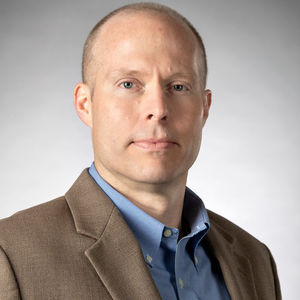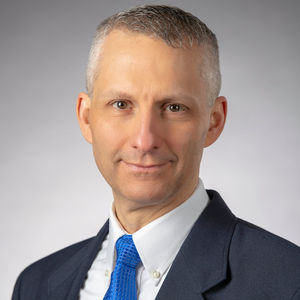Research Computing: Computers Accelerating Discovery Summer Scholars Session I
Climate change, infectious diseases, and shrinking energy resources are just some of the challenges facing the world community. To find solutions to these challenges, talented young people from disciplines as diverse as science, engineering, the humanities, and business will need to work together using a variety of methodologies and tools. What is one of the most powerful tools out there? The field of research computing. Students who join the Research Computing track this summer will learn firsthand about the amazing power computing tools possess to solve the world’s most intractable problems.
To understand the field of research computing, students are introduced to High Performance Computing (HPC) and then have the opportunity to build and operate their own “super computers,” if on a somewhat more modest scale. Working in teams, students run simulations that model hurricanes, molecular proteins, viral pandemics, and even social networks. Students are also introduced to 3D visualizations and computer animation and visual effects, as well as mobile device apps, making the course applicable to the ways computers affect our everyday lives. A guided field trip to a data center and the U.S. Department of Energy (DOE) National Lab will round out the course, introducing students to the ways innovations in the field of research computing are applied on a national scale.
Students with a background in computing are certainly encouraged to apply, but a background in computing is not expected or even required. Students who join Research Computing will constantly be encouraged to explore how research computing might be applied in their field of interest. Whether you aspire to be a doctor or lawyer, engineer or scientist, entrepreneur or philosopher, by promoting the understanding of computer-related discoveries, this course will give you the background you need to successfully apply computer research to whatever career path you choose.
Course Schedule
This course will be offered during Summer Scholars Session I (June 8 - June 22, 2024) on campus.
Academic Directors
Paul R. Brenner

Paul R. Brenner, Ph.D., P.E., is an associate director of Notre Dame’s Center for Research Computing in charge of HPC Operations and User Support. His research efforts include energy-efficient computing and novel distributed algorithms for Monte Carlo simulations. In addition to the instruction of multiple science and engineering courses, for the past seven years Prof. Brenner has instructed the Student Engineer’s Reaching Out team as part of his engineering service-learning course.
Prof. Brenner has multiple public outreach and educational activities including a recent data center and public greenhouse integration project cited in multiple news venues including the Chronicle of Higher Education and The Economist.
Scott Hampton

Scott Hampton, Ph.D., manages User Support Services at Notre Dame’s Center for Research Computing. He previously spent three years at Oak Ridge National Lab as a postdoctoral researcher where he worked on speeding up molecular dynamics simulations through the use of GPUs and high performance computing. Prior to joining Notre Dame, Dr. Hampton was an associate professor of computer science at Walsh University, where he focused on courses related to scientific and parallel computing. His research interests are varied within the field of computer science, with an emphasis on issues related to exascale parallel program performance and HPC education.